
The truth of things
As Confucius once said: If the names are not correct, language is not in accordance with the truth of things. This is known as the rectification of names, and it could save Qingming, Chunjie (commonly known as Spring Festival), Duanwu (commonly known as Double Fifth or Dragon Boat Festival) and a lot more holidays.
More could be said about socio-cultural originality and the future of global language; here only so much: Nations should compete for their terminologies, just as they compete for everything else.
Take Germany and her obsession with holiness. The German vernacular is based on Martin Luther's German translation of the (Latin) Bible, and, few remember, the Germans are the direct descendants of the Holy Roman Empire of the German Nation.
Therefore, it is no coincidence that wherever those German scholars and philosophers ventured, they used biblical vocabulary to describe what they encountered. That's why German scholars called Confucius a "holy man" or "saint" (Heiliger), based on Saint Jerome or Saint Nikolas (alias Santa Claus). The correct term for Confucius is shengren.
The English language is equally challenged when it comes to accurately conveying Chinese ideas. The British call junzi a gentleman, no surprise. The Americans have no gentlemen, so they translate junzi as "the superior man." The Germans have no gentlemen either, and "superior man" is reserved, so they call junzi an "edler" meaning a person of noble blood. To sum up, all Europeans call junzi anything but junzi, which is quite a scandal.
Lack of promotion
Without hesitation, I would thus argue that the Chinese do not do enough to promote their own originality to the West. They, like the Japanese and Koreans perhaps, keep their great cultural inventions all to themselves, so to speak, which is a great pity to watch.
The fact that your author knows about the Qingming Festival or Chunjie is purely a function of my living here. In fact, had I not come to China, I would have never learned that China is a wenming, that it has shengren and junzi, that it aspires to datong, and that "Confucianism" isn't a religion, that's not even its correct name, but is rujia.
Some commentators have argued that it is pointless that the Qingming Festival, which had existed since the Zhou Dynasty in the 11th to 3rd centuries BC, could survive and escape Westernization.
This, of course, is the question about what do we respect more - a translation or the original?
Let us think carefully for a moment about who we want to be remembered as. Not what, but who. No matter what China is going to become, China will never recover her true originality if she tries to please the West on Western terms.
I have always believed that all cultures contributed to human knowledge. But in order to have Chinese originality be seen, you've got to write it down. The festival's name is Qingming.
Thorsten Pattberg is a linguist and research fellow at the Institute for Advanced Humanistic Studies (IAHS), Peking University

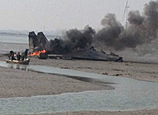

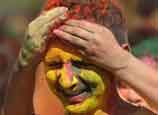



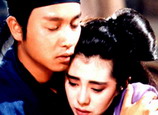

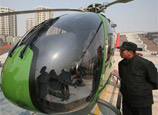
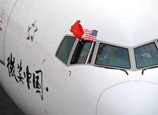






 Experience death, reflect life: Girl stages her own fake funeral
Experience death, reflect life: Girl stages her own fake funeral


![]()
